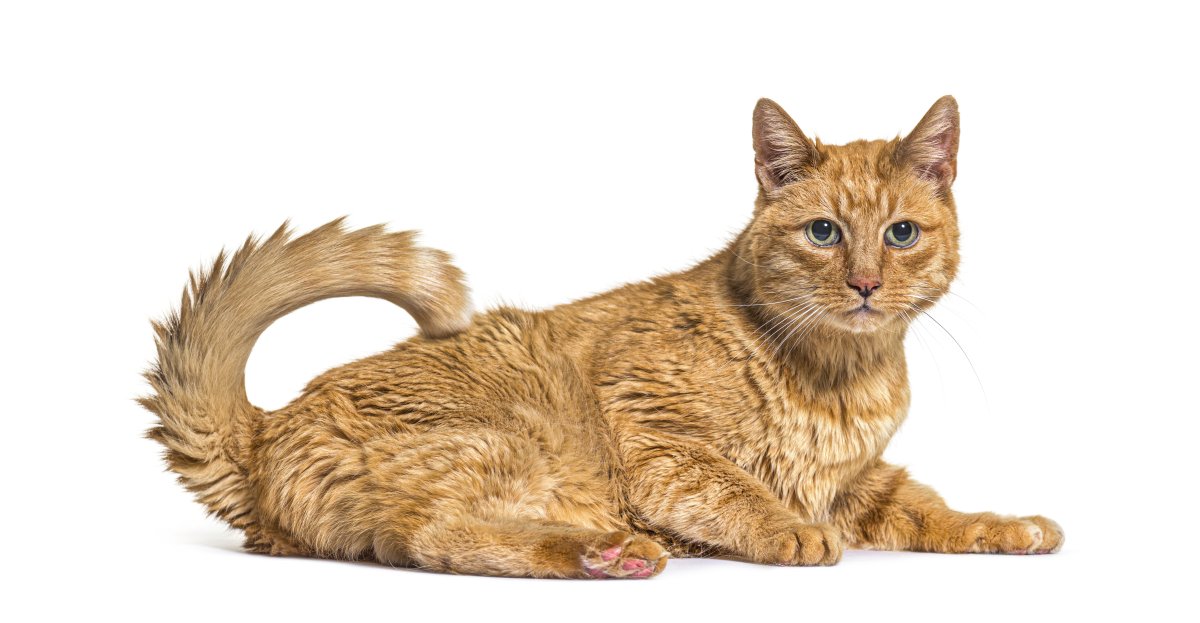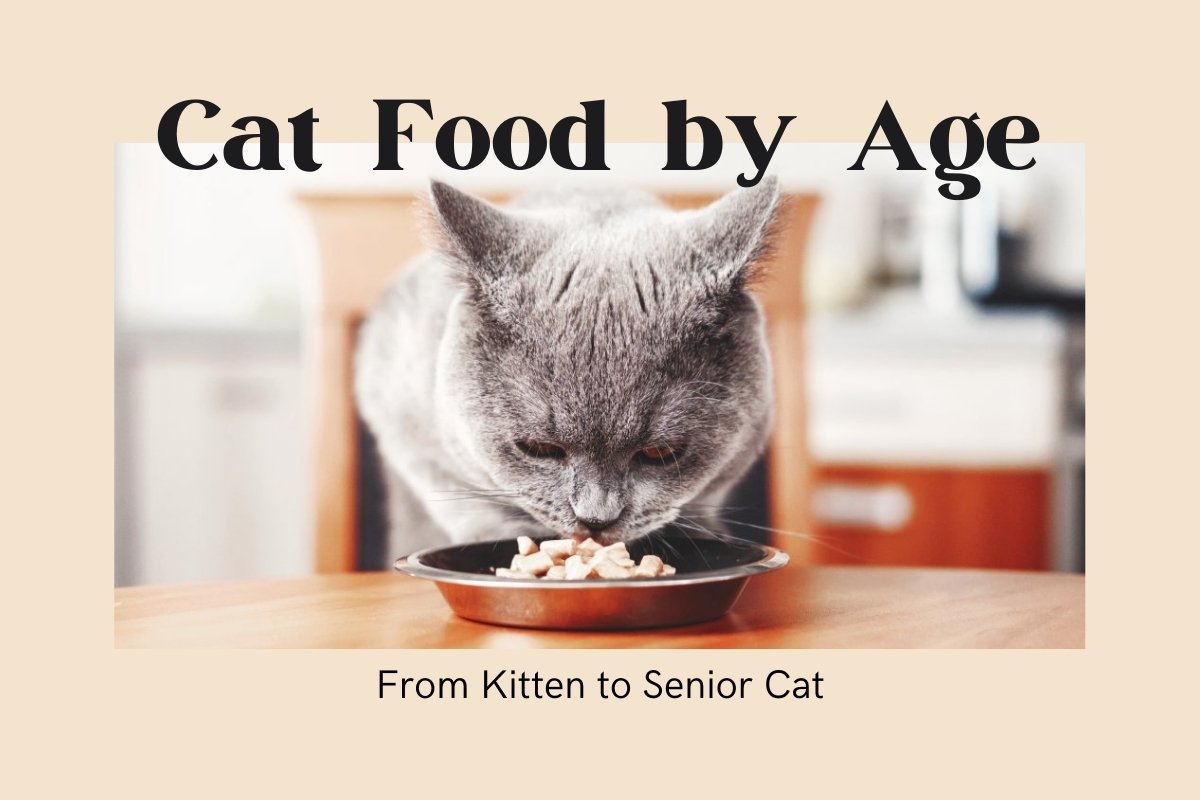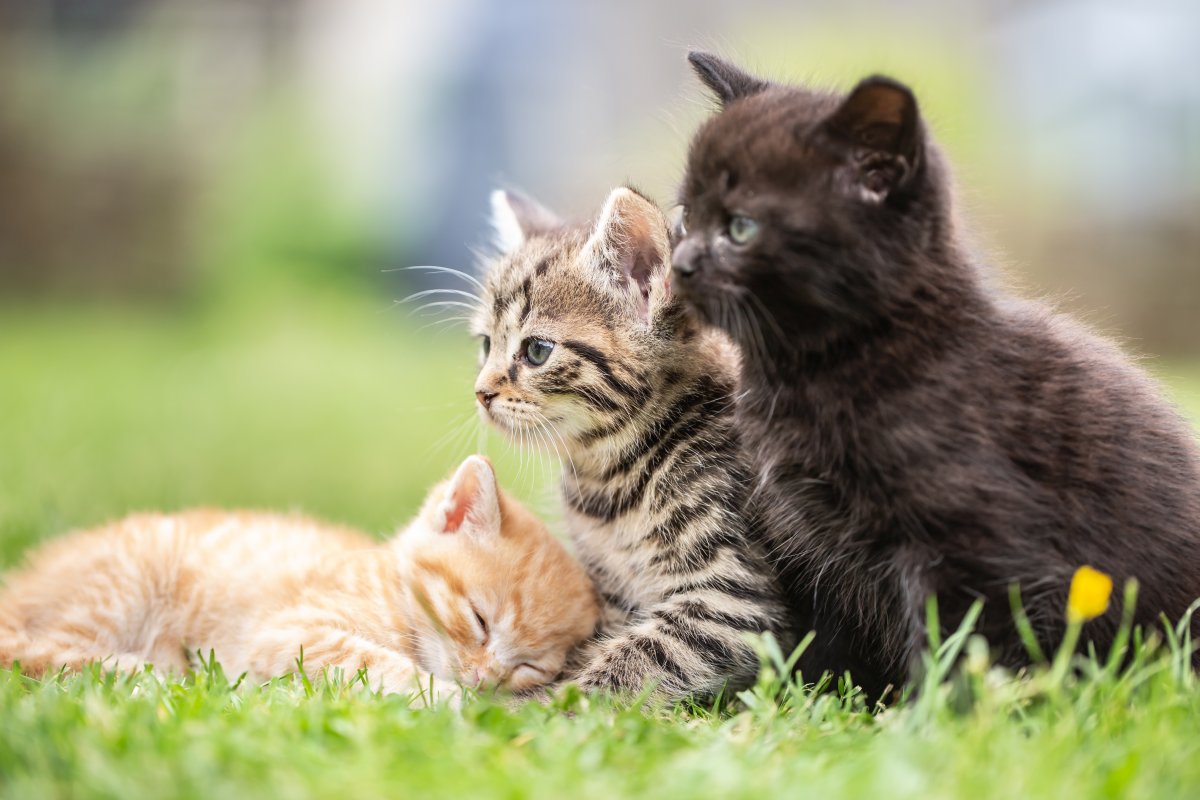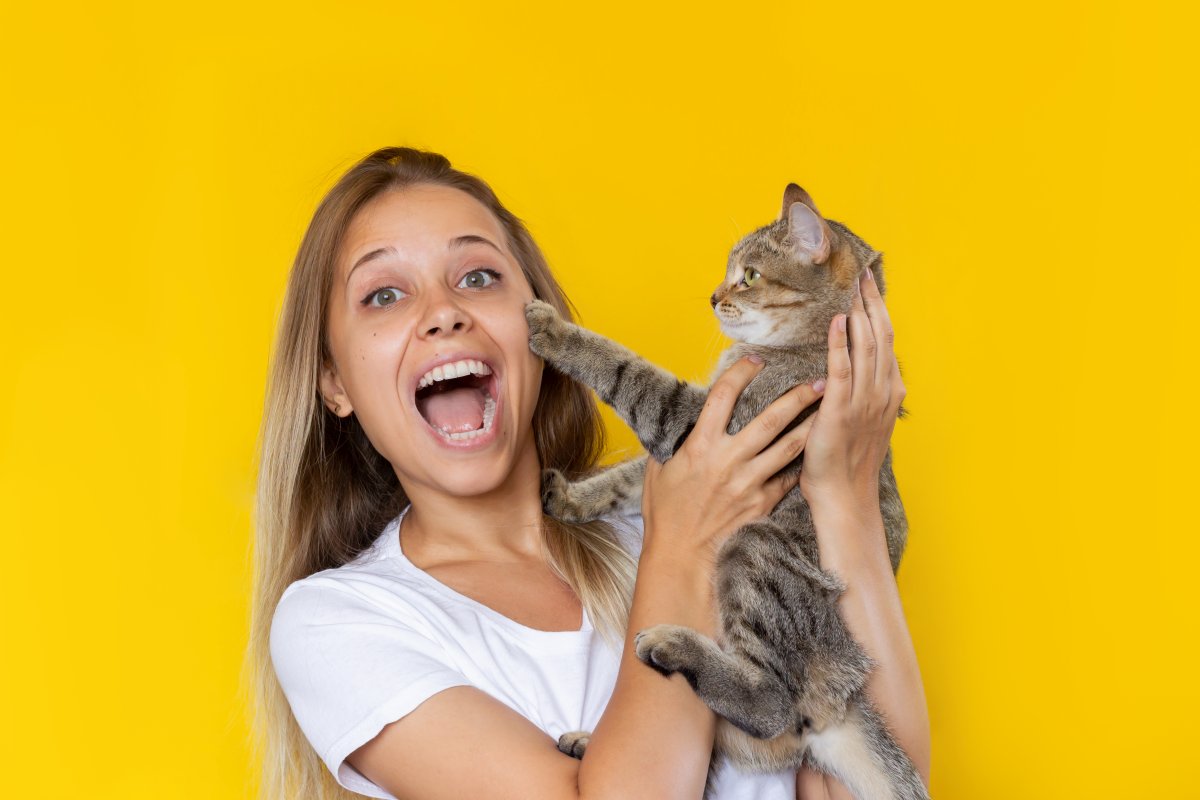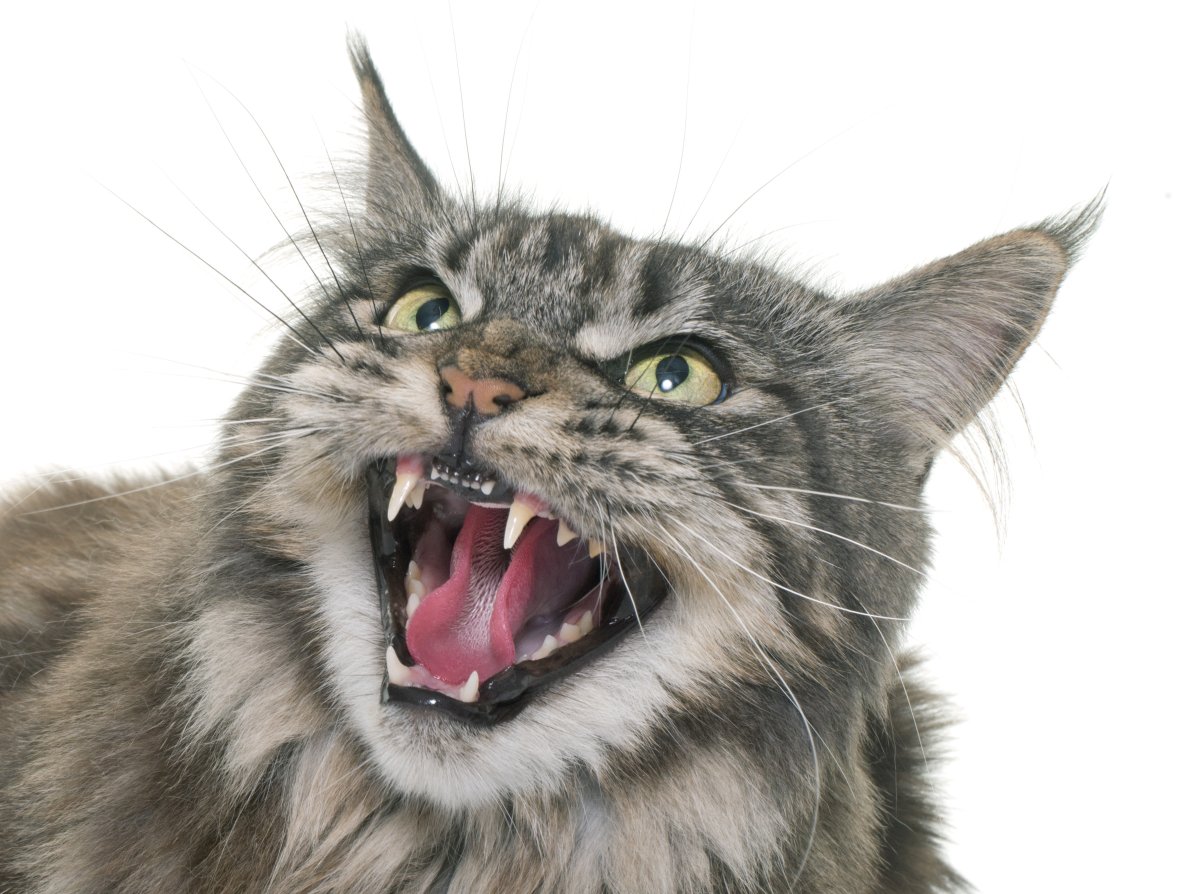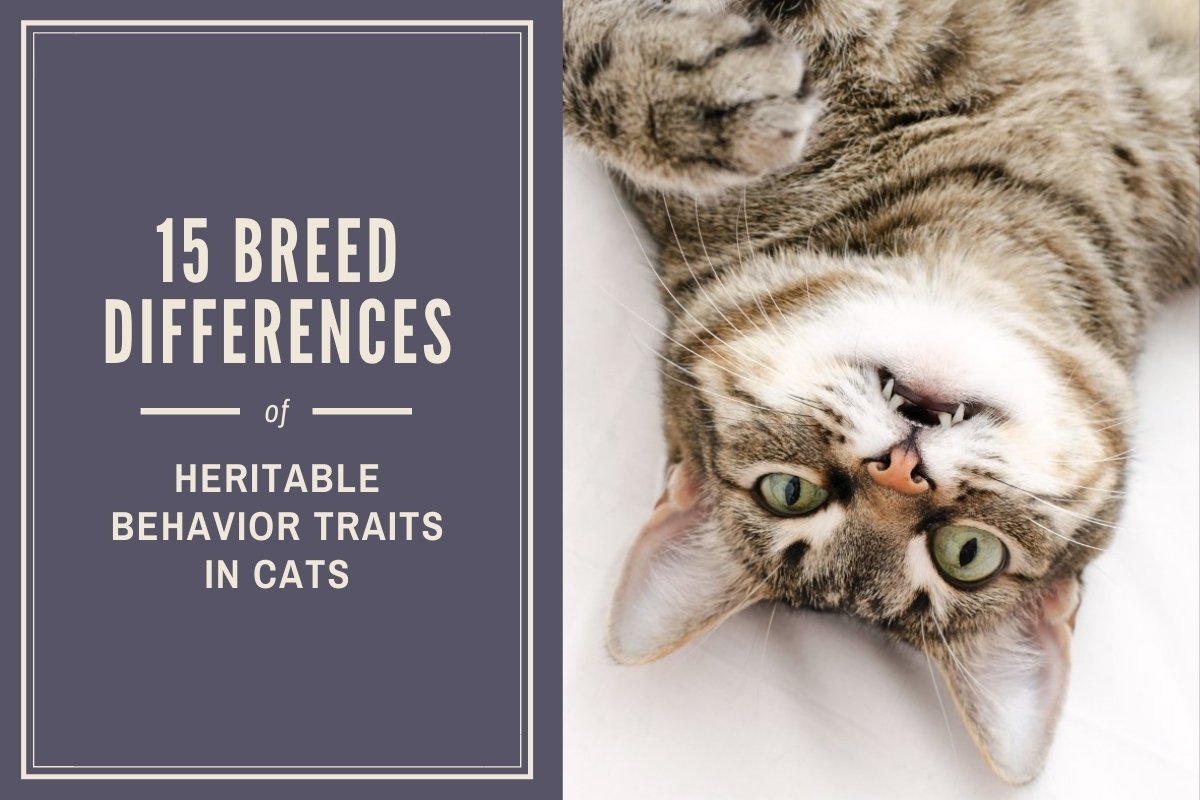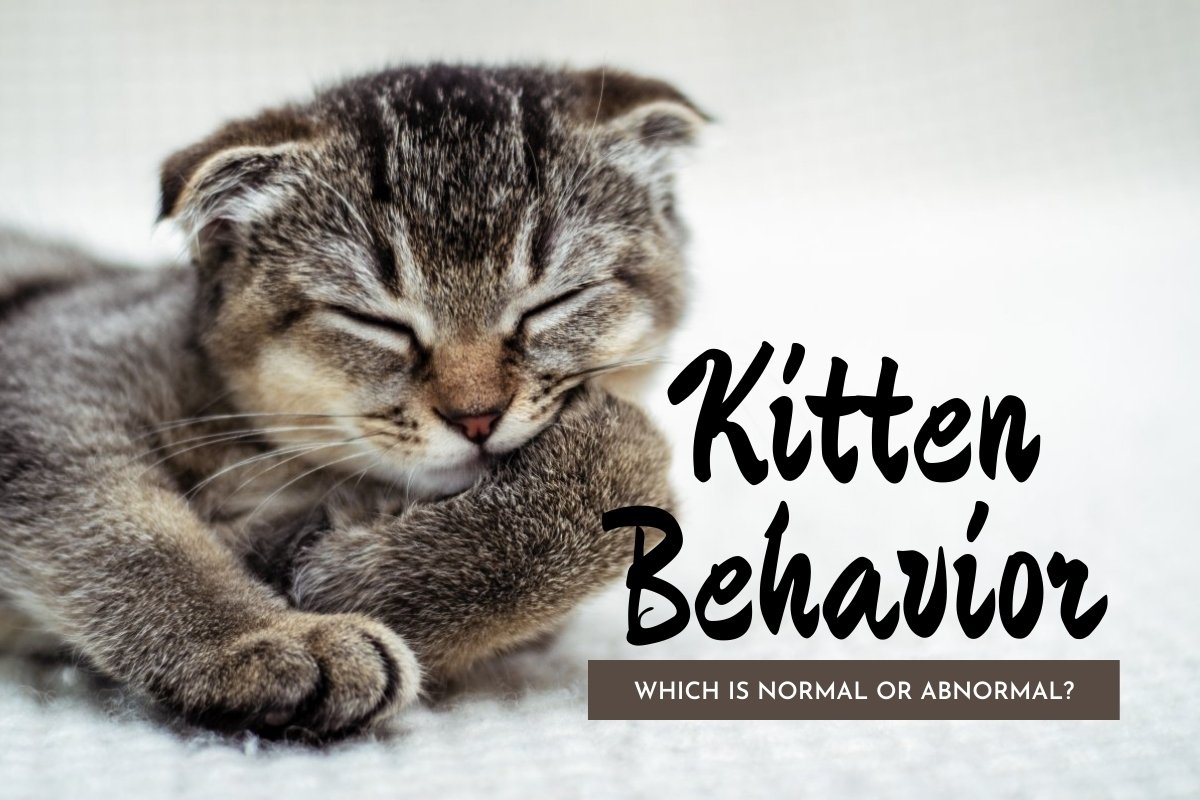It is probably hard to admit that your cat is getting old. You will most likely outlive your cat, which brings about the discussion of mortality, which no one wants to have. It’s normal for you to want your pet to live forever. However, because that can’t be the case, here are five ways a cat’s behavior changes with age.
Cat’s life span
First things first – let’s talk life span. How long does a cat live? This varies depending on breed and other external factors, but the average feline lives for about 15 years. In some circumstances, cats have lived to be 25 or even 30 years! However, that is only in extraordinary circumstances and is not the case most of the time.
A cat’s behavior does not stay constant or the same. Of course, as it matures, your cat’s behavior will also change. Read on to find out what you should expect from an aging cat.
Feline Cognitive Decline
FCD or Feline Cognitive Decline is an illness that affects cat’s behavior when they start aging. This can affect your cat’s behavior, as it deteriorates its ability to learn, remember, and notice things, such as being aware of its surroundings. It can also affect a cat’s ability to hear things. FCD affects aging cats, so it is something that affects them slowly. They are not born with this illness, so it can be not very comforting for some cats to go through this, which can affect a cat’s behavior.
Talkative
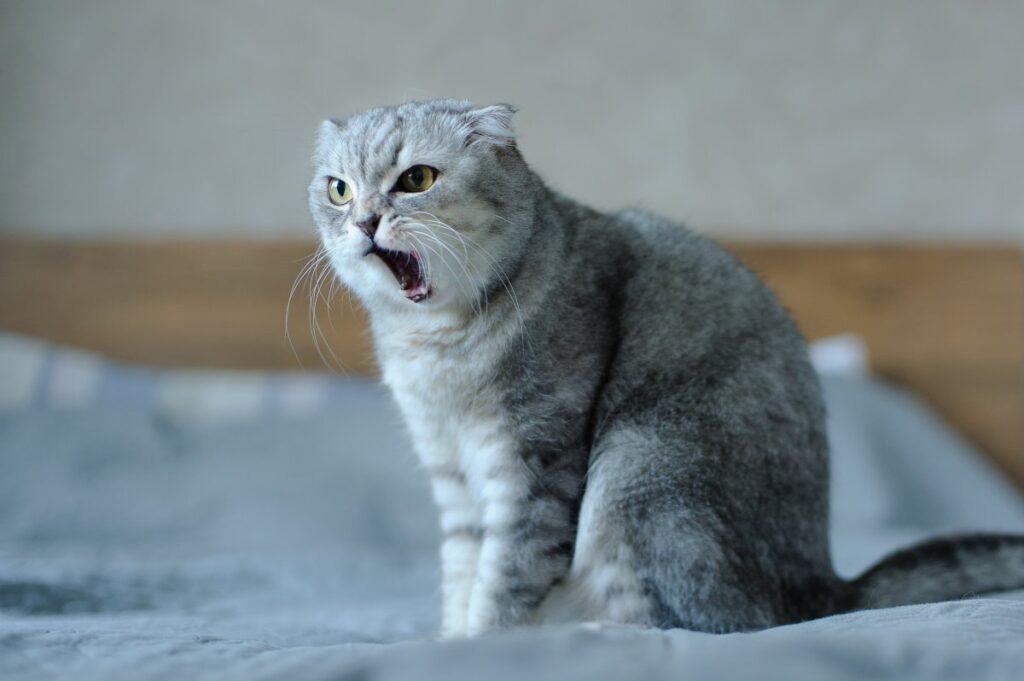
Have you noticed your cat constantly meowing? This does mean that it wants to have more conversations with you. There may be underlying issues in their health, which is common for older cats. Your cat meowing excessively could mean they are in pain, becoming deaf, or losing their sight.
Cat’s meowing excessively could mean something more serious, too, such as arthritis, or that she is disoriented. This disorientation could be caused by FCD, which stands for feline cognitive decline. Whatever you suspect the case, you should go to your veterinarian to get your cat checked out.
If there is no physical health issue, your cat could be excessively meowing due to anxiety. Anxiety is a common symptom of old age in cats. Your veterinarian can easily resolve this issue by giving your cat some pheromones. Your cat’s behavior may change because of any of these factors, and they might start meowing more frequently.
Waking up at night
Do you find that your cat’s behavior has changed in a way that makes them more restless, especially at night? It is normal for a cat to start waking up from their sleep more often once they start aging. This could be due to hearing or vision loss they may be experiencing, which can impact the quality of their sleep.
FCD also makes it harder for a cat to sleep and stay asleep. Another factor could be your cat is experiencing, which makes them wake up from their sleep. This can be caused by the fact that their owner is asleep, specifically called separation anxiety.
Your cat’s behavior may also change because they are anxious about finding their way around your house when you are asleep at night, which makes them anxious and doesn’t let them sleep at night. You can take your cat to a veterinarian, who can prescribe medication to help ease your cat’s anxiety.
Litter box issues
A sign that they are aging is when your cat’s behavior changes drastically. Your cat may have been obedient all their lives, but now suddenly, they have started using the litter box less and excreting around the house. This does not mean your cat is trying to disobey you on purpose. Your cat’s behavior change is caused by old age and the problems that come along with it. They may need to use the litter box more frequently now and have less control over their mobility.
Other, more serious, reasons for this are kidney disease or brain tumors. You should get your cat checked out by a veterinarian to confirm that it isn’t anything too serious. Also, consider getting more litter boxes and placing them around the house to use whenever and wherever they need to comfortably.
Decrease in energy levels

Have you noticed your cat’s behavior has changed in such a way that they are moving around less, playing and jumping less, and perhaps grooming themselves less? This could be a sign of mental illness, so get them checked by a veterinarian to be safe. However, it is simply because your cat is aging and, thus, naturally slowing down. Old age will make your cat less responsive, even when you try to play with them.
If you try to lure them with a toy or food, they may oblige half the time, and half the time, they will keep sitting or doing whatever they were previously doing. However, in most cases, this should not be a cause for concern.
Instead, it is simply because they are getting old. A cat’s behavior may change due to old age, which is normal. However, if they stop eating, that can cause concern and should not be taken lightly.
Irritability
Have you noticed your cat’s behavior has changed in the sense that they have become crankier or easily irritated? This can be a sign they are entering old age. When cats age, it is common for them to become more irritated at small things, such as loud noises or someone trying to play with them while resting. This could be because they feel different. When they start physically feeling older, your cat’s behavior is bound to change.
These are the five ways in which your cat’s behavior may change due to aging. It is completely normal and just a part of life. When your cat’s behavior starts changing, make sure you treat them accordingly, but love them the same.

